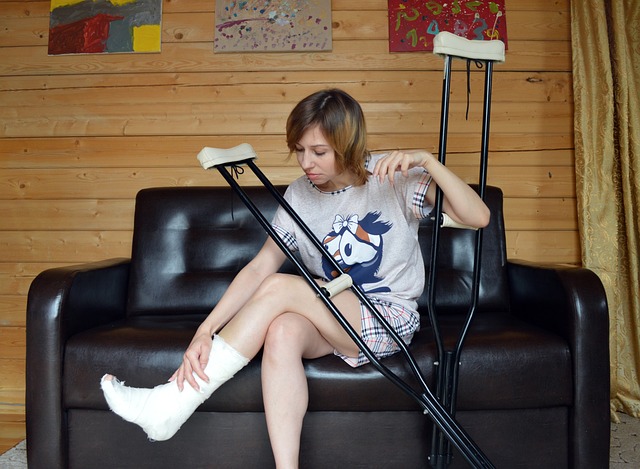Share This Article:

It is hard to imagine how the Writer’s Guild of America strike has anything to do with workers’ compensation, but it does. As a member of that Guild since 1990, I am in conversation with many of the nation’s leading creative talent. One of the core issues at the heart of the strike is a mindset that is currently warping the judgment of the entertainment industry.
Talented writers who used to be considered key assets to the studios are now regarded as an expense, a cost to be controlled. It struck me that the frequent question about the cost of improving workers’ compensation outcomes shares a similar fundamental mindset; injured workers are an expense to be controlled, not an asset to be invested in.
What follows from that mindset is the misguided ROI discussion of “what does it cost to provide better outcomes for injured workers when providing patient education and recovery coaching?” There is a natural assumption that “enhancements” and “better” are going to cost more. It is quite counter-intuitive to think that providing the injured worker with “more” than is currently being provided will actually save money by helping the injured worker get better faster and stay better longer.
One of our education contributors, NBA basketball legend Bill Walton, just referred an alumnus, Lucius Allen, to me requesting that I send him my book, The Optimized Patient, and provide whatever coaching I can as Lucius prepares for spine surgery. Think about the experience of a professional athlete who gets injured on the job. His employer has an enormous investment in that “asset” and no “expense” is spared getting him or her back in the game. Bill Walton will keynote in Orlando in August at WCI on that exact topic, underscoring the importance of seeing your injured employee as an asset that you want to get back in the game as soon as possible. For those of you who will attend NCSI in Denver the first week of June, I will be part of a panel exploring why the patient is the wildcard in the recovery process.
Over the last couple of years, we have been talking about how, from the injured worker perspective, their experience feels like that of an “expense” to be given the bare minimum for support. A recent study in Ohio is flipping that script and shining light on the value of treating an injured worker as an asset. The study, conducted by the Bureau of Workers’ Compensation, analyzing 1,198 injured workers sustaining knee injuries in Ohio showed a significant reduction in return-to-work times when “enhanced” support was provided. (A report on the study can be found in the Journal of Total Rewards – requires membership).
Every manager who is responsible for injured workers’ care, or for the bottom line of their department, should consider the possibility that better education and better support equals better outcomes. Thirty percent better according to Ohio, saving millions of dollars in their study cohort beyond the costs for the enhancements.
What is the ROI? The employee, along with their talents, training, and skills, is your asset. Your investment in them, just like professional athletes, determines whether you will have a winning team and a winning business. Getting your player back in the game as quickly as possible is the ROI, or better stated, your ROE – Return on Employee.
By: Harvey Warren
AI california case management case management focus claims compensability compliance courts covid do you know the rule emotions exclusive remedy florida FMLA glossary check Healthcare health care hr homeroom insurance insurers iowa leadership medical NCCI new jersey new york ohio osha pennsylvania roadmap Safety state info technology texas violence WDYT west virginia what do you think women's history women's history month workcompcollege workers' comp 101 workers' recovery Workplace Safety Workplace Violence
Read Also
About The Author
About The Author
-
Harvey Warren
Harvey Warren has enjoyed many careers, from screenwriter to film producer to financial services professional. With a bachelor’s degree in communications from Ithaca College and a master’s degree from Syracuse University, writing has always been his passion. As the Optimized Patient he fulfills his dream to write about healing. Joining the Experts Analysis enables Mr. Warren to directly contribute the “patient’s view” to the industry. Mr. Warren lives in Los Angeles with his wife, Wileen.
More by This Author
- Feb 10, 2025
- Harvey Warren
- Nov 09, 2023
- Harvey Warren
Read More
- Apr 01, 2025
- NCCI
- Mar 30, 2025
- Kim Radcliffe
- Mar 29, 2025
- Natalie Torres
- Mar 19, 2025
- NCCI
- Mar 16, 2025
- Derek Goff
- Mar 13, 2025
- Rayford Taylor




